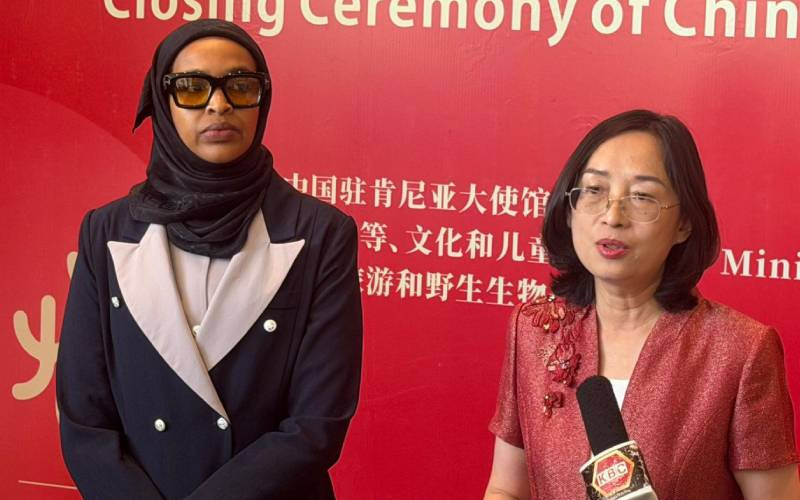×
The Standard e-Paper
Kenya’s Boldest Voice

AI (Artificial Intelligence) concept. [Courtesy]
Artificial Intelligence (AI) is here with us, and with it come several benefits. As a country, we must tap into its benefits for the sake of national development.







